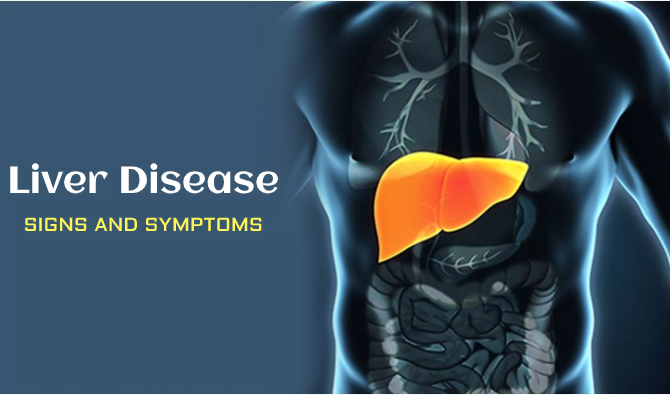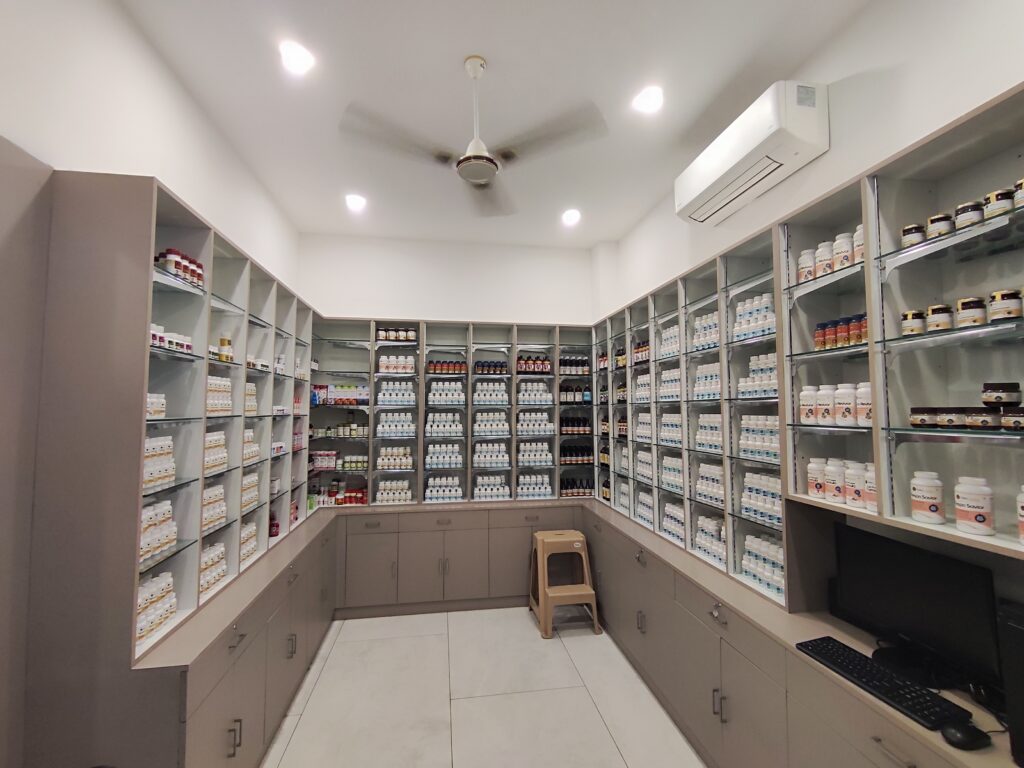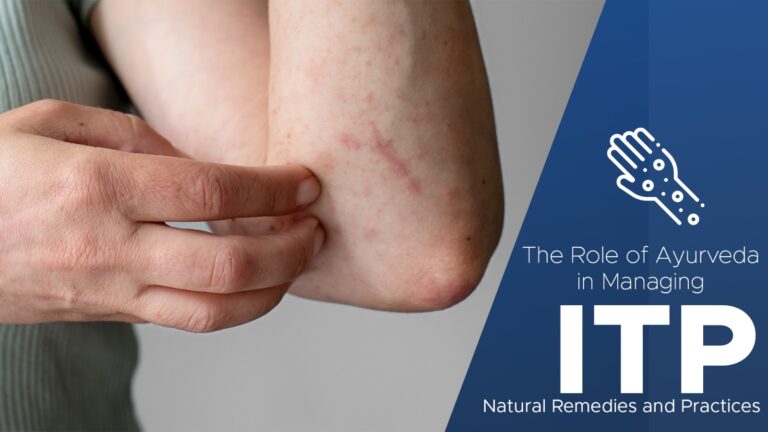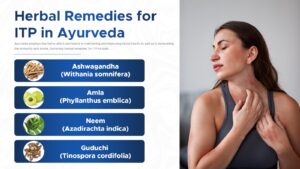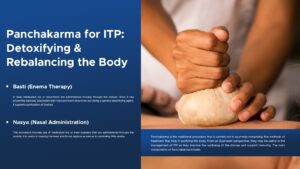Immune Thrombocytopenic Purpura (ITP) is a condition where the immune system mistakenly attacks and destroys platelets, crucial components of blood clotting. ITP can be treated through conventional medicines but Ayurveda which is an Indian traditional medical science is also an effective system of medicine beside the conventional medicines. Based on the Ayurvedic view of ITP, this article aims at offering some natural cure and preventive measures that can be useful in treating the disease.
Ayurveda’s Perspective on ITP: Understanding the Imbalance: In Ayurveda, health is a state of equilibrium, which means the three dosha’s, namely Vata, Pitta and Kapha are in balance. Here again, according to Ayurveda, ITP is generally due to the aggravation of these doshas, more specifically Pitta dosha and/or an impaired immune system.
Pitta Imbalance: Pitta dosha is known to influence metabolism, transformation process as well as heat functionality in the body organisms. The condition ITP is characterized by the destruction of platelets and full blown Pitta can result in inflammation and over activity of the immune system.
Immune System Dysfunction: The immune system referred to as Ojas by Ayurveda is thus regarded by this system as vital in the over- all health of the body. The weakened or imbalance of Ojas may cause conditions such as Auto Immune disorders in which own body’s immune system starts attacking its own cells-platelets included.
Ayurvedic treatment basically consists in getting rid of the imbalances of the doshas, strengthening the immune system, and improving the general health to minimize or even eradicate the symptoms of ITP.
Herbal Remedies for ITP in Ayurveda
Ayurveda employs few herbs which are helpful in maintaining and improving blood health as well as in modulating the immunity and dosha. Some key herbal remedies for ITP include:
- Ashwagandha (Withania somnifera): Known for its adaptogenic properties, Ashwagandha helps to reduce stress and inflammation. It can support overall immune function and help in balancing the Pitta dosha. We offer pure, unique formulation and in-house manufacturing to keep its effectiveness intact. Our Ashwagandha capsules contain 500 mg standardized extract of high potency.
- Amla (Phyllanthus emblica): Amla or the Indian gooseberry is a much valued antioxidant and is considered as one of the most important herbs used in Ayurveda. As previously mentioned, it is beneficial for the liver, aids the immune system and helps in regulating Pitta and Kapha doshas. Try our Amalaki Capsules. It contains a 500mg standardized extract of Pure Amalaki fruits. Maintaining health and enhancing your immunity is easy and accessible with Amalaki.
- Neem (Azadirachta indica): Besides, neem is known to possess anti-inflammatory and immune-modulating effects. It can help in detoxifying the blood and enhancing overall immune function. Try Yukti Herb’s formulation of neem to experience its potent benefits and support your health naturally.
- Guduchi (Tinospora cordifolia): It is well regarded for the immunomodulatory and diuretic properties of Guduchi. In addition to that, it is effective in regulating doshas and enhancing the body’s immunity. Yukti Herbs GILOY CAPSULES are known for its rejuvenating properties and can help support overall health and balance Pitta dosha.
These herbs can be taken in different forms like eatables, beverages, for instance tea or powders or capsules. Nevertheless, it is wise to seek advice from an experienced Ayurvedic practitioner before going on any herbal remedy.
Panchakarma for ITP: Detoxifying and Rebalancing the Body
Panchakarma is the traditional procedure that is carried out in ayurveda comprising five methods of treatment that help in purifying the body. From an Ayurvedic perspective, they may be useful in the management of ITP as they improve the wellbeing of the doshas and support immunity. The main components of Panchakarma include:
- Basti (Enema Therapy): In Basti medicated oils or decoctions are administered forcibly through the rectum. Since it has properties topically associated with Vata dominant structures and being a general detoxifying agent, it supports purification of Doshas.
- Nasya (Nasal Administration): This procedure involves use of medicated oils or even powders that are administered through the nostrils. It is useful in clearing the head and throat regions as well as in controlling Pitta dosha.
Panchakarma should be conducted under the supervision of a trained Ayurvedic practitioner, who can tailor the therapies to the individual’s specific needs and health conditions.
Dietary Guidelines in Ayurveda for ITP
Diet plays a crucial role in Ayurveda, especially for managing conditions like ITP. The following dietary guidelines can help balance the doshas and support overall health:
Pitta-Pacifying Foods: To avoid Pitta excess or escalation, one has to include cooling foods into the meal. Such vegetables include cucumbers, melons, and some of the green leafy vegetables as well as coconut. also avoid spicy and other hot foods, things that are sour and salty as they have a hot property.
Anti-Inflammatory Foods: Try to incorporate foods that help your body reduce inflammation such as turmeric, ginger and flaxseeds. They may further decrease inflammation and promote the functionality of the human immune system.
Blood-Boosting Foods: Consume foods that support healthy blood production, such as beets, pomegranate, and leafy greens. These foods can help in maintaining adequate platelet levels.
Avoid Processed Foods: Reduce the consumption of ‘junk food’ as they contain molecules that can lead to inflammation and in turn imbalance.
A balanced and mindful diet, tailored to the individual’s dosha and health needs, can support overall well-being and potentially improve ITP symptoms.
Ayurvedic Lifestyle Practices for ITP Patients
In addition to dietary changes and herbal remedies, certain lifestyle practices in Ayurveda can support overall health and help manage ITP:
Regular Routine: This means that children must have fixed times for waking up, going to bed and having meals in the day. To maintain the balance of doshas and to preserve the general well being, regularity that is unaltered is seen as highly constructive.
Stress Management: Try to take part in activities which help to reduce stress like meditation, practicing yoga, taking deep breaths. The immune disorders can be worsened by stress hence the need to have a balance in stress levels.
Gentle Exercise: Participate in light to moderate physical activity such as walking, yoga to help in the circulation of blood, keep the stress levels down and to enjoy overall wellbeing.
Adequate Rest: Ensure sufficient rest and sleep to support the body’s natural healing processes and maintain a balanced immune system.
Self-Care Practices: Seek professional Ayurveda therapists for oil massage (Abhyanga) to help in relaxation of the doshas.
These practices, when combined with appropriate dietary and herbal recommendations, can contribute to overall well-being and support the management of ITP.
Conclusion:
ITP patients can be treated using the conventional treatment alongside Ayurvedic treatment in a way that has no adverse effect on the patient. Ayurveda gives the overview of ITP and information about management of ITP by using herbal drugs, Panchakarma therapies, food habits and mode of living are effective in the case of ITP and how a person with ITP can lead a healthy life.
If you are willing to know about Ayurvedic methods of treatment of ITP, then Yukti Herbs Hospital is the place you should visit. Their experienced practitioners can help you to create an individual plan, which includes use of Ayurvedic remedies in combination with your current therapy.



